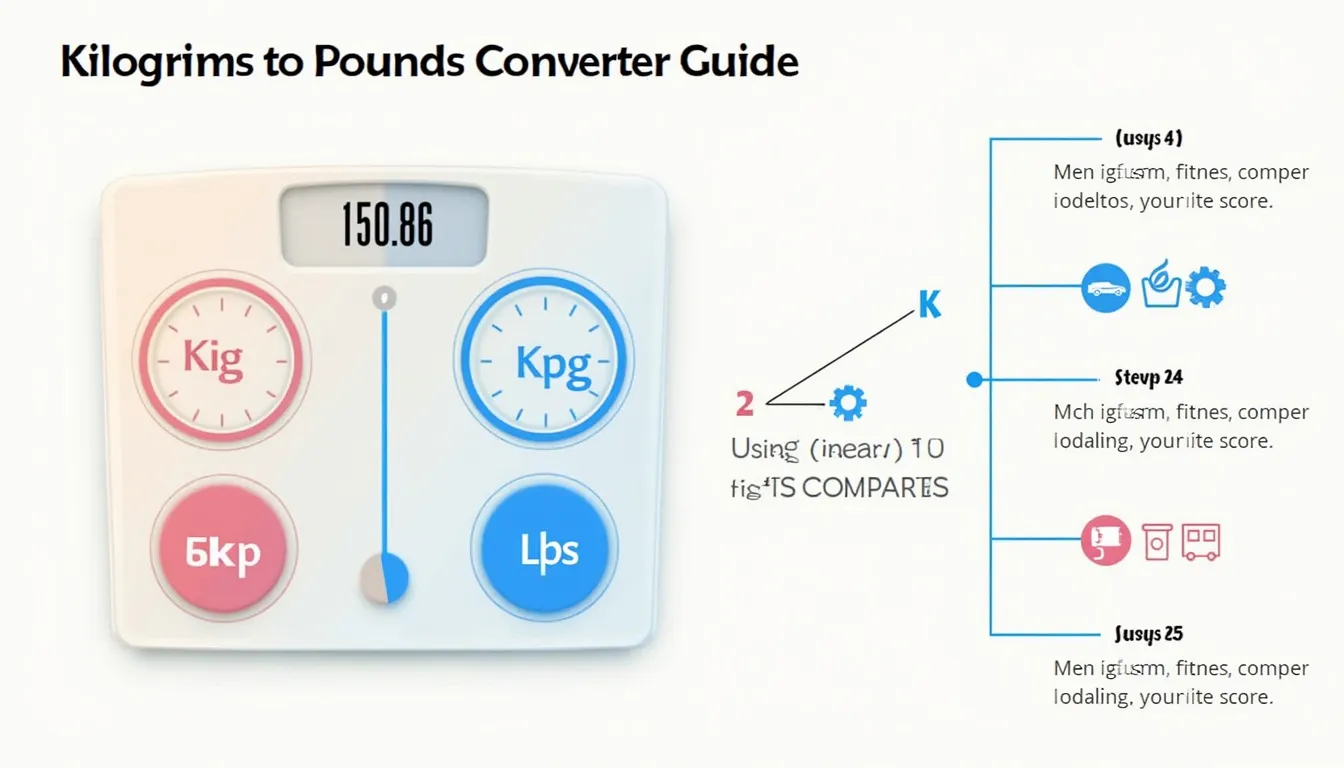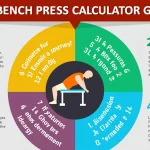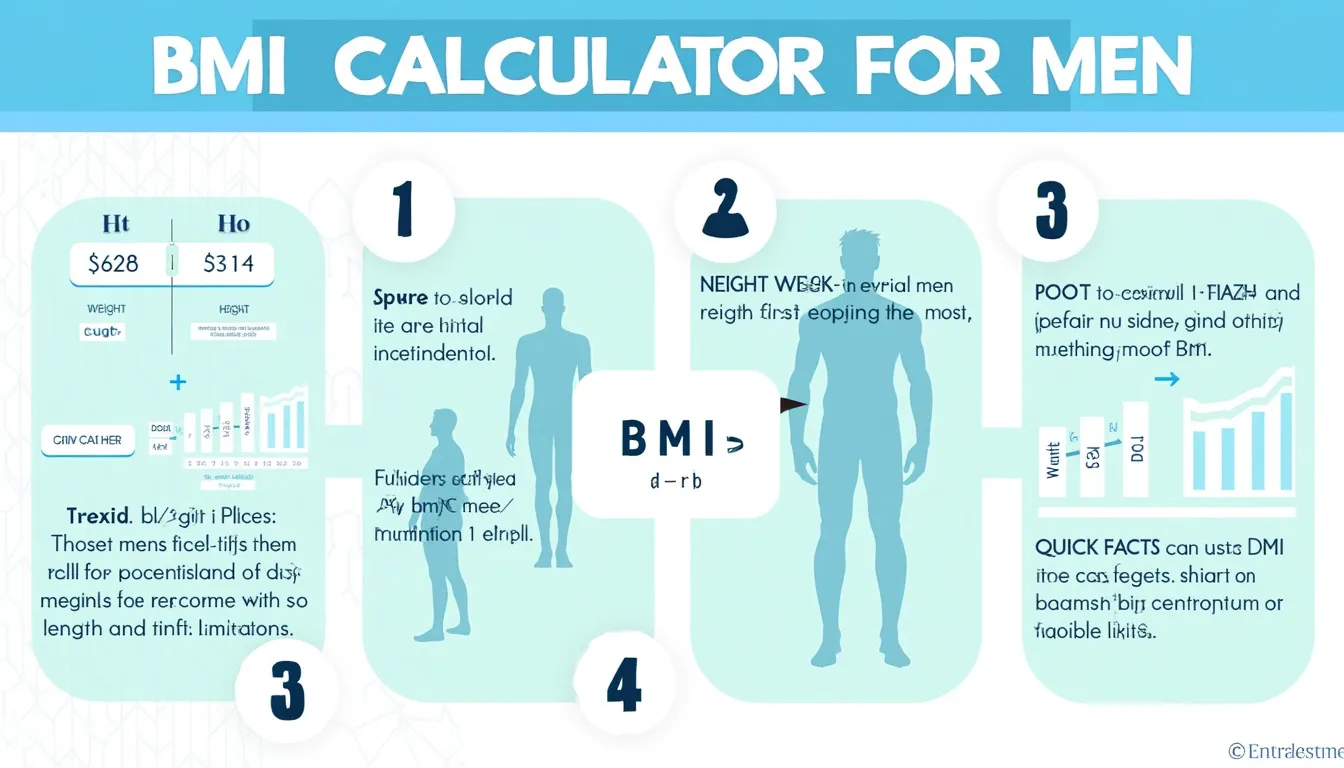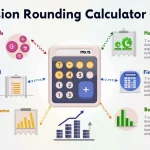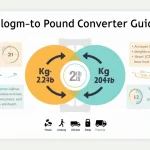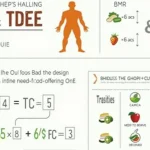Kilograms to Pounds Converter
Is this tool helpful?
How to Use the Kilograms to Pounds Converter Effectively
This Kilograms to Pounds Converter is designed to provide quick and accurate weight conversions with ease. Follow these simple steps to get the most out of the tool:
- Input the weight in kilograms: Enter a positive number representing the weight you want to convert. For example, type 7.25 or 12.5 kilograms into the input field.
- Select the desired decimal precision: Choose how many decimal places you want the result to display, ranging from 0 to 5. This allows you to customize accuracy to your needs—for instance, selecting 3 decimals for more precision or 1 decimal for rough estimates.
- View live conversion results: The converter updates automatically as you enter values or adjust decimal places, showing the pounds equivalent instantly without needing to click any additional buttons.
- Read the displayed conversion: The calculated result will appear clearly below the input, formatted like “7.25 kg = 15.98 lbs” for easy reference.
Example: Entering 3.6 kg with 4 decimal places will display 3.6 kg = 7.9376 lbs immediately, making it simple to capture precise weights.
What Is the Kilograms to Pounds Converter? Definition, Purpose, and Benefits
The Kilograms to Pounds Converter is an essential digital tool for anyone needing to convert weights from the metric system (kilograms) to the imperial system (pounds) quickly and accurately. It removes the hassle of manual calculations during tasks ranging from academic work to daily activities and professional projects.
Definition and Purpose
This converter acts as a reliable bridge between kilograms and pounds, enabling seamless weight conversions without error. Its main goal is to simplify the process, saving time and providing precise results suitable for diverse applications.
Key Benefits of Using This Weight Conversion Tool
- Instant results: Converts kilograms to pounds swiftly to keep your tasks moving.
- High accuracy: Employs an exact conversion factor, offering trustworthy answers every time.
- Customizable precision: Lets users set decimal places for results, balancing detail and simplicity.
- User-friendly interface: Designed with intuitive inputs for fast, error-free usage.
- Versatile for all weights: Suitable for converting everything from light ingredients to industrial weights.
Example Calculations Using the Kilograms to Pounds Converter
This JavaScript-based converter calculates results with precision using the core formula below:
$$ \text{Weight in Pounds} = \text{Weight in Kilograms} \times 2.2046226218 $$Once calculated, the converter rounds the result according to your chosen decimal places, ensuring practical outputs.
Sample Calculation 1
Input: 8.4 kg with 2 decimal places
Calculation: 8.4 × 2.2046226218 = 18.518 lbs (rounded to 18.52 lbs)
Sample Calculation 2
Input: 15.75 kg with 3 decimal places
Calculation: 15.75 × 2.2046226218 = 34.723 lbs (rounded to 34.723 lbs)
Additional Usage Tips
- Use higher decimal precision when working on scientific or technical projects where exactness is critical.
- For quick approximations, fewer decimals keep the numbers simple and readable.
- You can even input scientific notation for very large weights, such as 1e5 for 100,000 kg, to convert industrial scale masses efficiently.
Important Disclaimer
The calculations, results, and content provided by our tools are not guaranteed to be accurate, complete, or reliable. Users are responsible for verifying and interpreting the results. Our content and tools may contain errors, biases, or inconsistencies. Do not enter personal data, sensitive information, or personally identifiable information in our web forms or tools. Such data entry violates our terms of service and may result in unauthorized disclosure to third parties. We reserve the right to save inputs and outputs from our tools for the purposes of error debugging, bias identification, and performance improvement. External companies providing AI models used in our tools may also save and process data in accordance with their own policies. By using our tools, you consent to this data collection and processing. We reserve the right to limit the usage of our tools based on current usability factors.
